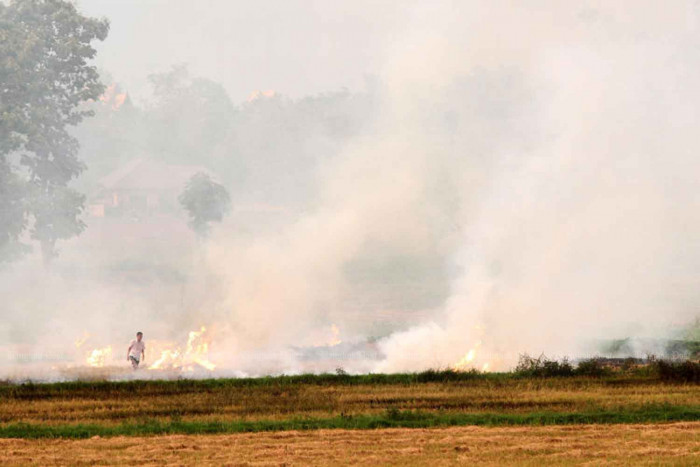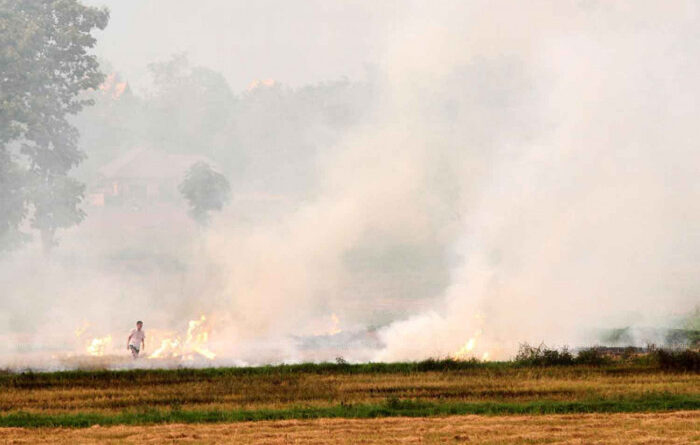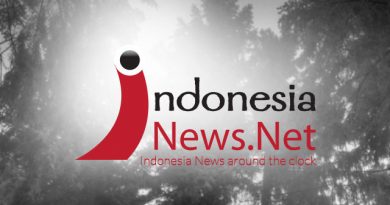Nation tightens maize imports

Thailand will ban imported maize sourced from fields where crop remnants are set ablaze, aiming to mitigate cross-border PM2.5 pollution and set up a new standard for environmentally responsible trade.
Each year, Thailand produces 4-5 million tonnes of maize domestically, while demand is about 9 million tonnes for feed production. It has to import about 2 million tonnes of maize annually, of which about 90% comes from Myanmar, with the remainder arriving from Laos and Cambodia.
Duangarthit Nidhi-u-tai, deputy director-general of the Department of Foreign Trade, said as of Jan 1, 2026, importers must register annually with the department and provide proof that their maize is from sources where crop remnants are not set ablaze.
During a transitional period from January 2026 until the Clean Air Bill and its organic laws are enacted, importers will be permitted to self-certify their products or present certification from a government agency in the exporting country or from internationally recognised organisations.
The importers will need to maintain records detailing planting data and the geographic location of the farms where the corn is cultivated, enabling complete traceability back to the source.
Once the Clean Air Bill takes effect, stricter standards will be enforced. Future imports will require certification from an accredited agency of the exporting country, along with maps of the planting areas.
Mr Duangarthit said the new regulation would be submitted to the new cabinet for approval, with a plan to take effect on Jan 1, 2026.
He added that starting from the same date, the department will control exports of all 10 categories of dual-use items (DUI), which consist of over 1,775 products.
The initial phase will target Category 0 items, which are connected to nuclear materials, facilities and equipment, amounting to 204 products.
In 2024, the value of Thailand’s exports of Category 0 items totalled 437 billion baht, with key markets including the US, the Netherlands, Taiwan, China, Malaysia and Japan.
By the second quarter of 2026, the restrictions will expand to Categories 7–9, which include guidance and avionics systems, maritime vehicles and equipment, and aerospace and propulsion items such as drones and aircraft components.
Last year, Thailand’s exports of dual-use items across all 10 categories totalled 3.15 trillion baht, or about 30% of the country’s total export value.
Mr Duangarthit advised exporters to determine whether their products fall under DUI Category 0 by utilising the Department’s e-classification system at www.etcwmd.dft.go.th.
Items classified as DUI will require an export licence via the e-DUI licensing system, with other necessary documents such as the latest usage certificate and commercial transaction documents. The e-DUI system will open for application submissions in December this year.
Moreover, the department has identified an additional 50 items on the watch list, as many developed countries are concerned about their potential use in the manufacturing of weapons of mass destruction.
This list includes equipment used in the Ukraine conflict, such as helicopter parts, aircraft components such as propellers, and military drones.
Source – Bangkok News




